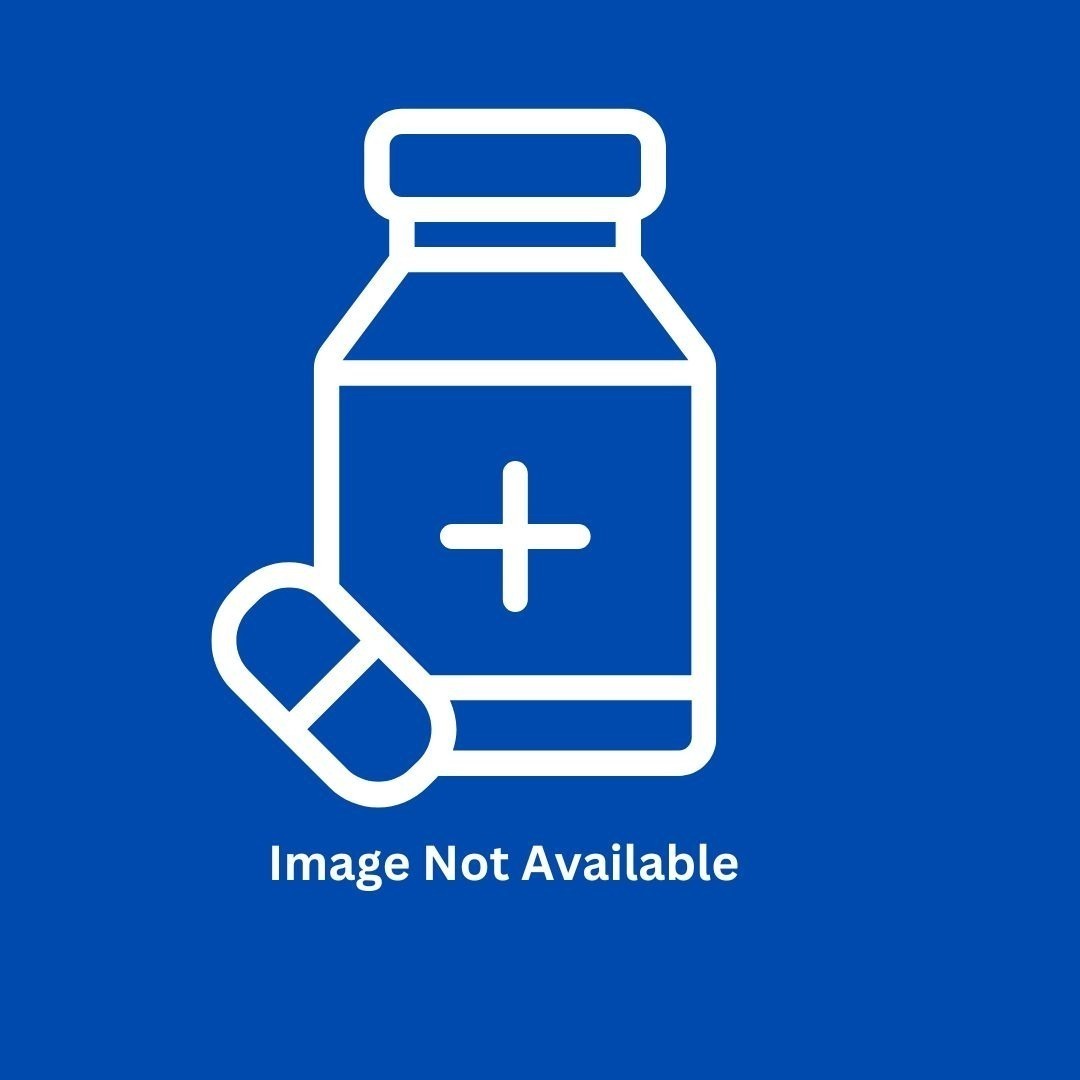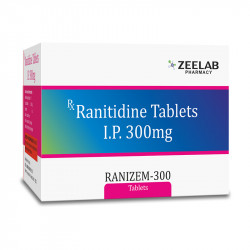Download India's most affordable pharmacy app
- Compare with medicine prices
- Save upto 90% on your medicine bills
COMPOSITION:
Ranitidine (300mg)DESCRIPTION:
Raniflake 300mg Tablet contains Ranitidine 300mg, a medication primarily used to reduce the amount of acid produced in the stomach. It is commonly prescribed for the treatment of acid-related conditions such as heartburn, gastroesophageal reflux disease (GERD), peptic ulcers, and Zollinger-Ellison syndrome. By inhibiting the action of histamine on the H2 receptors in the stomach, Raniflake helps decrease stomach acid production, providing relief from discomfort and promoting healing of acid-induced ulcers and erosions.
Uses of Raniflake 300mg Tablet
Raniflake 300mg Tablet is used for treating the following conditions:
- Peptic ulcers (gastric and duodenal ulcers)
- Gastroesophageal reflux disease (GERD)
- Heartburn and acid indigestion
- Zollinger-Ellison syndrome (excessive stomach acid production)
- Prevention of stomach ulcers caused by nonsteroidal anti-inflammatory drugs (NSAIDs)
How Raniflake 300mg Tablet Works
The active ingredient in Raniflake 300mg Tablet, Ranitidine, works by blocking the H2 receptors in the stomach lining. These receptors are responsible for stimulating the production of stomach acid. By blocking this action, Ranitidine reduces stomach acid levels, thereby helping to relieve symptoms of acid reflux, promote healing of peptic ulcers, and reduce the risk of further complications caused by excessive stomach acid.
Benefits of Raniflake 300mg Tablet
Raniflake 300mg Tablet offers several important benefits, including:
- Relieves heartburn and acid reflux symptoms
- Promotes healing of peptic ulcers by reducing stomach acid
- Reduces the risk of further damage to the esophagus from stomach acid
- Prevents the formation of new ulcers in the stomach
- Helps manage symptoms of Zollinger-Ellison syndrome
Dosage and How to Use Raniflake 300mg Tablet
The usual dosage for Raniflake 300mg Tablet is as follows, but your healthcare provider will prescribe the appropriate dosage for your condition:
- For peptic ulcers: 300mg once or twice daily
- For GERD: 300mg once or twice daily
- For Zollinger-Ellison syndrome: A higher dose may be prescribed by your doctor
- For preventing ulcers caused by NSAIDs: 300mg daily or as recommended by your healthcare provider
It’s essential to follow your doctor’s instructions regarding the dosage and timing. If you miss a dose, take it as soon as possible unless it’s close to the next scheduled dose. Do not take two doses to make up for a missed one.
Side Effects of Raniflake 300mg Tablet
<pRaniflake 300mg Tablet may cause some side effects. Most side effects are mild and temporary, but if you experience any of the following, consult your doctor:
- Headache
- Dizziness or lightheadedness
- Abdominal pain or bloating
- Diarrhea or constipation
- Fatigue
Serious side effects are rare but may include:
- Severe allergic reactions (rash, itching, swelling)
- Yellowing of the skin or eyes (jaundice)
- Severe stomach pain or unusual abdominal discomfort
- Changes in mental status (e.g., confusion, hallucinations)
If you notice any of these serious side effects, seek immediate medical attention.
Safety Advice
Before using Raniflake 300mg Tablet, inform your doctor if you:
- Have liver or kidney problems
- Are pregnant or breastfeeding (consult your doctor before use)
- Have a history of gastrointestinal issues
- Are taking other medications, including over-the-counter drugs or herbal supplements
Follow your doctor’s guidance for the safe use of Raniflake 300mg Tablet. Avoid drinking alcohol and smoking as they may worsen symptoms of heartburn and acid reflux.
Frequently Asked Questions (FAQs)
Q: How long will it take for Raniflake 300mg Tablet to work?
A: Most people experience relief from heartburn or acid reflux symptoms within a few hours. However, full therapeutic effects may take a few days of continuous use.
Q: Can I take Raniflake 300mg Tablet for a long period?
A: Yes, Raniflake 300mg Tablet can be used for long-term management of acid-related conditions like GERD and ulcers, but it is recommended to consult your healthcare provider periodically to monitor for side effects.
Q: Can I take Raniflake 300mg Tablet with other medications?
A: Raniflake may interact with certain medications, such as antifungals, anticoagulants, or certain antibiotics. Be sure to inform your doctor about all medications you are taking to avoid any potential interactions.
Q: Is Raniflake 300mg Tablet safe during pregnancy?
A: Consult your doctor before using Raniflake 300mg Tablet during pregnancy. It should only be used if the potential benefits outweigh the risks to the unborn baby.








 Added!
Added!